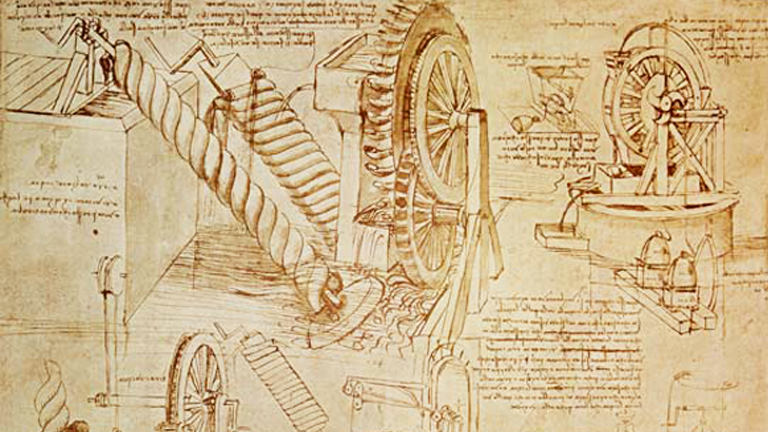I’ve been involved in business, primarily customer facing or leadership roles, for about 40 years. As a result, I’ve gained a lot of experience—some good, some bad—but all of which I’ve learned from.
I’m constantly amazed at how we have the tendency to ignore the lessons of history. This isn’t unique to business, selling, marketing. We see it in society, our communities, our families. It isn’t unique to any generation. When I was a “kid,” I tended to think of the “older folks,” that, “It’s different, you just don’t get it…..”
Some mentors were patient enough to say, “Dave, you may want to rethink this…..”
Over time, I’ve discovered I can learn a lot from history. I look at how people have driven change, how they have innovated, what they did to drive higher levels of performance, greater engagement, creating more inclusive organizations.
I get to see things that have been done that created great success, things that have failed miserably. I can leverage models that have worked in similar–but different–contexts in the past, freely plagiarizing and adapting them to newer models and newer contexts. And some of them work and some need to be reworked and adapted.
And those are new lessons we can apply in future situations.
I’ve often talked about how we become “prisoners of our own experiences.” We become stuck in how we have always done things, even when they, increasingly, don’t seem to produce results. In some sense, we let past history and practice constrain us.
I’m beginning to think we also become “prisoners of our lack of experiences.” Rather than reflecting on our current challenges, ambitions, and goals; thinking, “What can I learn from things that may have been done in the past, adapting them to what we are trying to achieve now?” Instead, we choose to ignore everything and reinvent the wheel.
This latter case is just as restrictive as the former case. We don’t learn, grow, innovate, as we might, as quickly as we would like to. We condemn ourselves to making the same mistakes, over and over, struggling to move forward.
Innovation and growth, is not about putting a “new label,” on something that has been done in the past, perhaps in different contexts.
Innovation and growth is not about reinventing the wheel.
Innovation and growth can come from radically different insights, new models, things that were never before imagined. But, true new and novel practice, or ideas are very rare and far between. And when we see them, we tend to jump on board, copying and adapting these new and novel ideas.
But innovation, at least the type most of us tend to be involved in, doesn’t have to be radically new and different. Artful plagiarism is very powerful in helping us think differently and applying those to what we do.
Artful plagiarism can come from segments that are very different from the segment/space we are in. For example, I’ve learned a lot from scientific/engineering disciplines that can be tweaked, adapted and applied to selling, leadership, and business performance.
Since I work globally, I’ve seen things in other countries, cultures, that can be adapted and tweaked in another culture.
I work across a lot of different industries, markets, and business models. There are practices that are common place in those, that, when adapted and tweaked are new and innovative in other markets.
I was loosely involved in very creative “industries,” music…hip hop and rap. In addition to hanging out with really cool people, there were things they were doing to build their brands, business, etc, that could be adapted and tweaked in my “normal” business markets. I remember a fascinating conversation with members of Wu Tang on a flight to Prague. They had fascinating models, very new to me. (But please don’t ask me to rhyme…)
We know the more diverse a group we have in looking at problems/challenges, the better quality decision we make and the time to decision is much shorter.
And we learn so much from history, looking at what people have done before us, learning, adapting and tweaking to a new and different world.
We make change, innovation, creativity more difficult and risky than it need be. Being prisoners of either our experiences or inexperience limits possibilities and slows us down.
There is so much more we can do, so much faster, through artful plagiarism.
And learning from history is a key element.

Leave a Reply